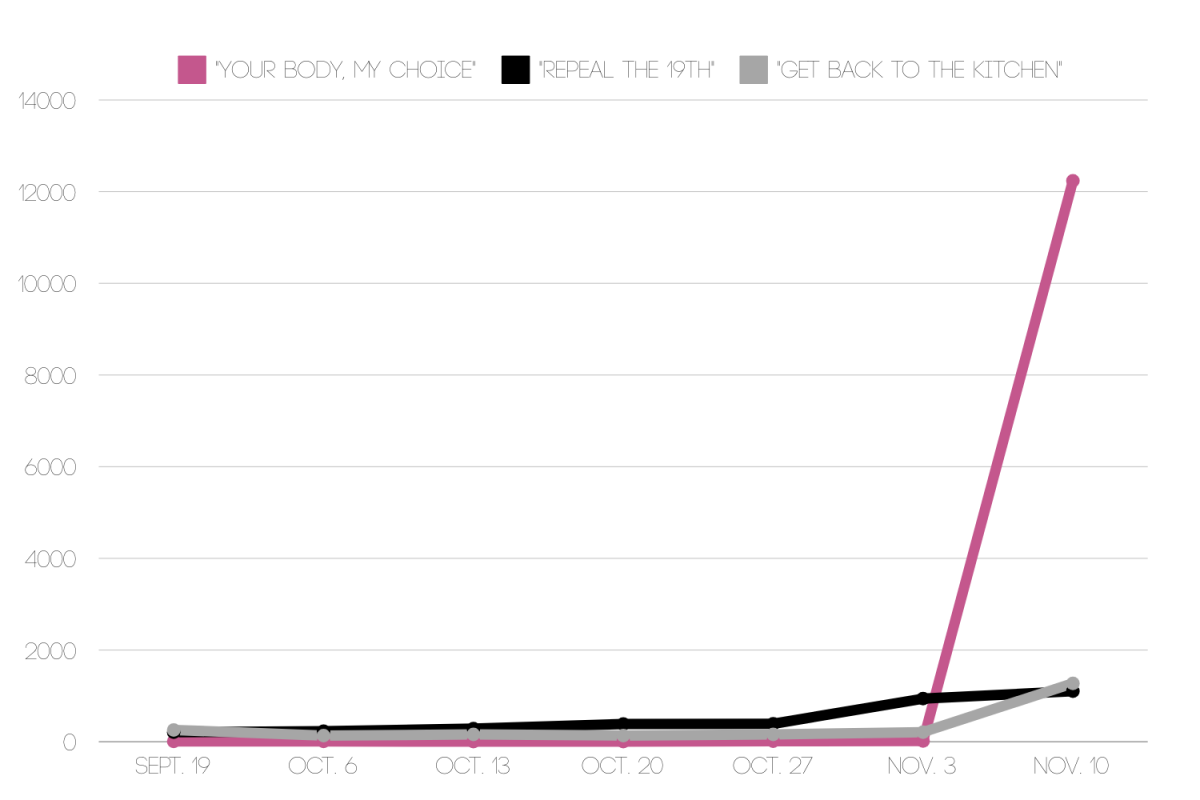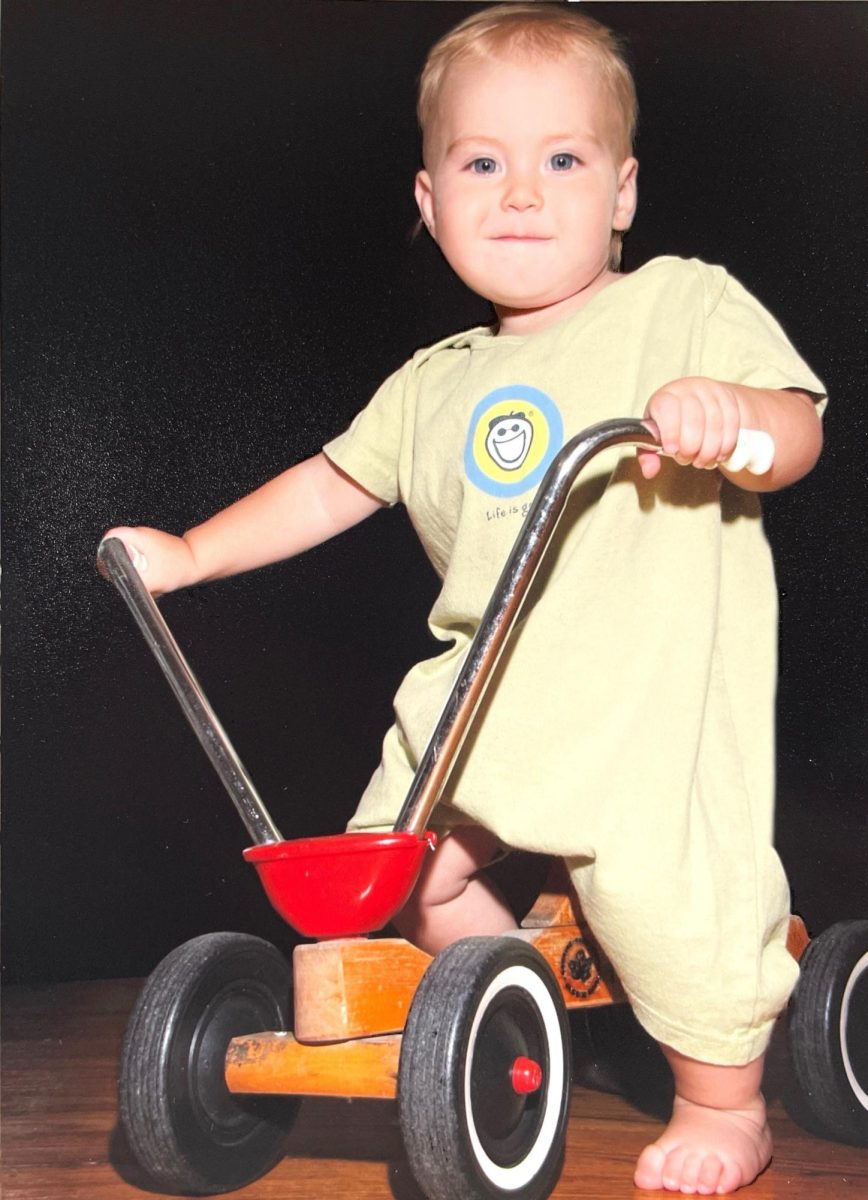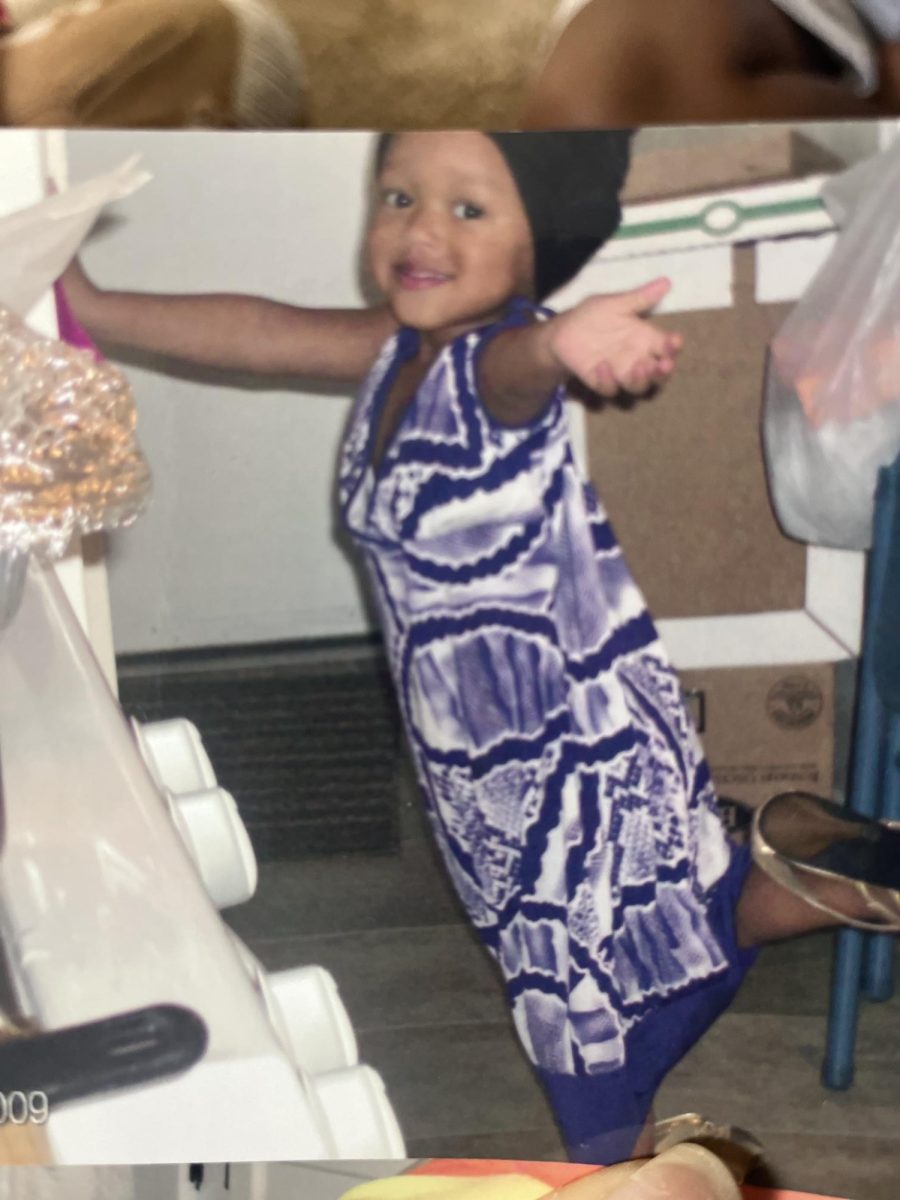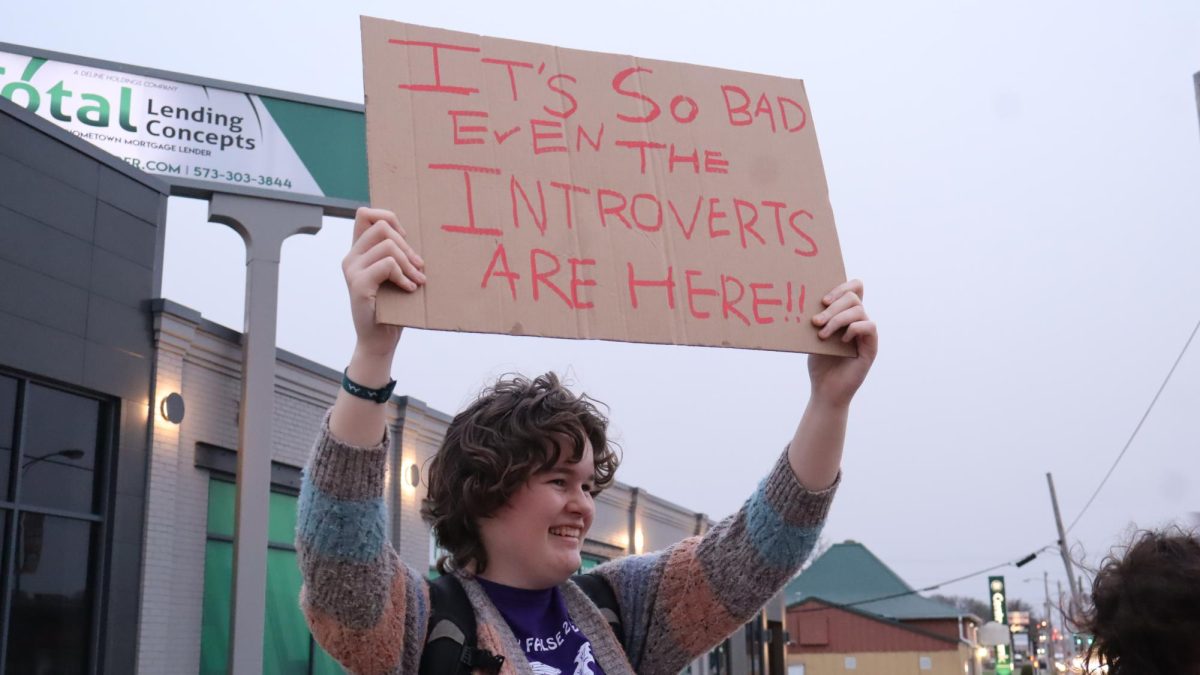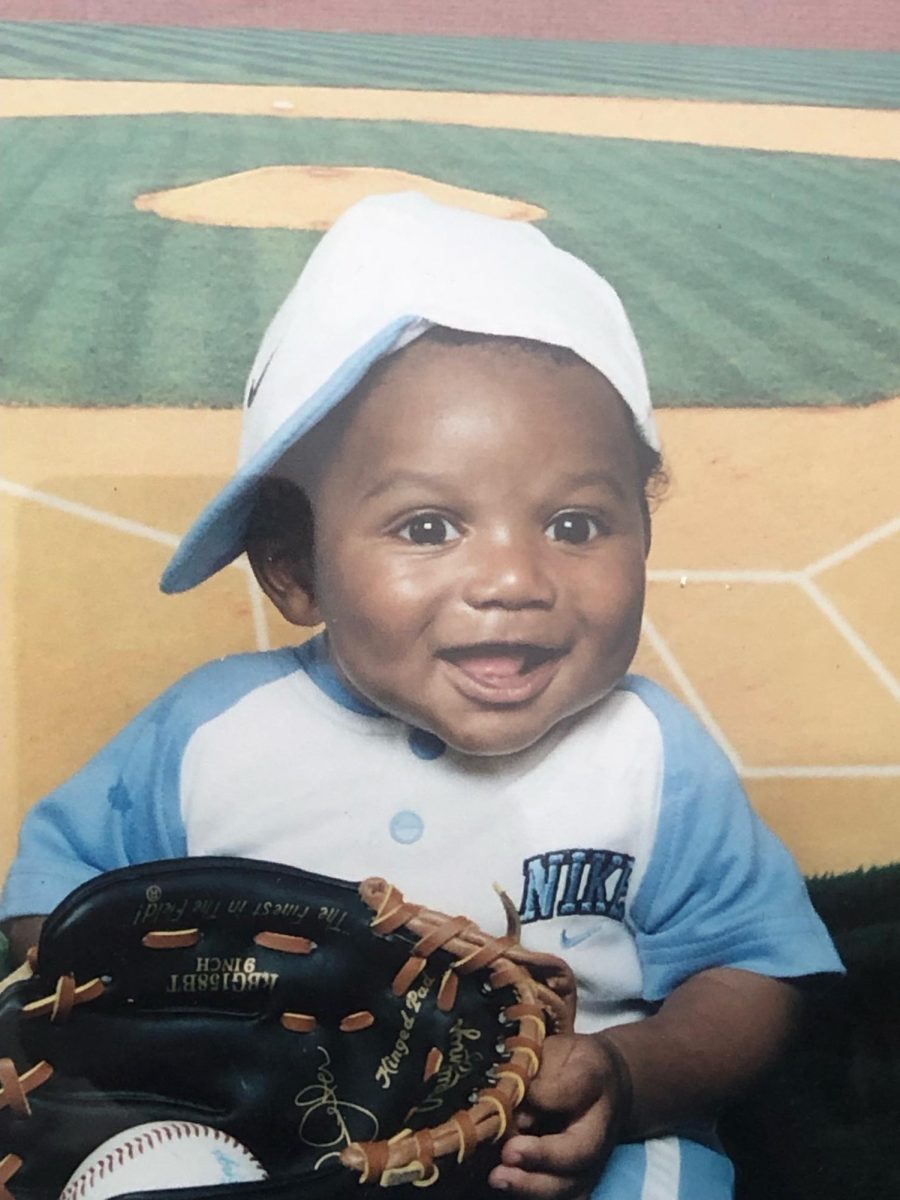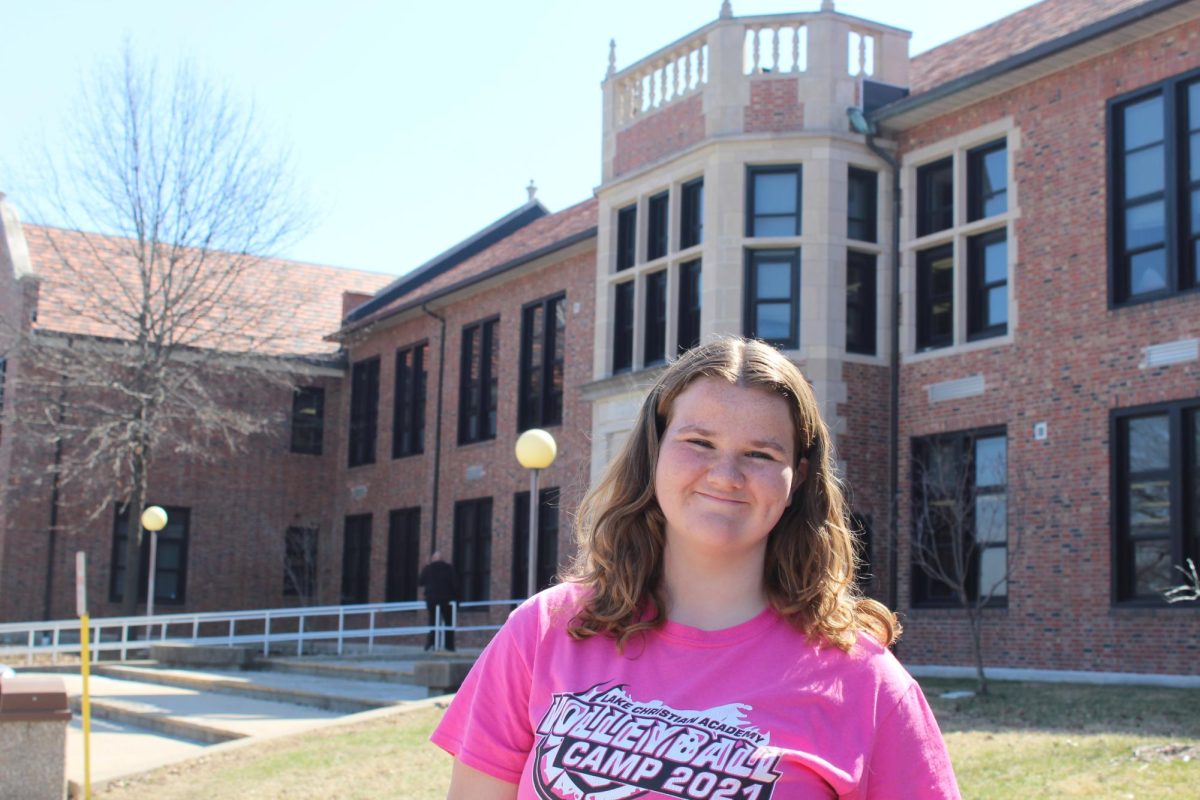“I saw a woman crossing the road today but I just kept my foot down. Right of way? You no longer have rights,” Andrew Tate, “manosphere” influencer, said on Nov. 7.
This and other types of hate speech and threats have risen at an alarming rate over the last 10 years. This rise in hate is directly tied to the normalization of bigoted comments created amid Donald Trump’s rise in the political sphere.
Trump both caused and benefitted from this rise in hateful rhetoric
Hate speech is at an all-time high, peaking in the Department of Justice’s latest report from 2023. The report revealed that there were 11,862 hate crimes in 2023. These crimes created 14,416 victims.
Brookings found distinct evidence that Trump both caused and benefitted from this rise in hateful rhetoric beginning in his 2016 campaign where sexism, racism and xenophobia pushed the polls his way.
FBI analytics show that after Trump’s 2016 election, there was a spike in hate crimes in counties where Trump won by a sizable lead. This spike was the second largest in 25 years, the first largest being in the days following 9/11. The higher rate of hate crimes has continued over the last nine years.
Trump’s correlation to hate crimes was not just post-election, however. A study conducted by the Anti-Defamation League showed that in counties where Trump hosted campaign events, hate crimes more than doubled compared to similar counties that did not hold such events.
This hateful rhetoric aided Trump in his campaigns.
While some say Trump won the 2016 election because of his pull amongst uneducated, white males, Trump actually polled similarly in this demographic to previous Republicans. The demographic where Trump got his edge over Hillary Clinton was voters who expressed sexist mentalities or believed that racism isn’t real.
The majority of Asian Americans feared being threatened or attacked due to their race
The hate speech and violence that Trump has caused are not nebulous events. Most people will remember the rise in hate speech and crimes against the Asian American community following the outbreak of the Covid-19 pandemic.
Trump publicly referring to Covid-19 as the “Kung Flu” or “Chinese virus” caused an increase of violence against Asian Americans.
Stories like the stabbing of an Asian American family in Texas by a man who believed they were infecting people with Covid-19 or the beating of an elderly woman outside her apartment while the attacker screamed anti-Asian American slurs raced across headlines and caused fear amongst the Asian American community.
A Pew Research study found that the majority of Asian Americans feared being threatened or attacked due to their race and over one-third of the individuals who were afraid changed their daily routines and habits because of their fear.
This fear wasn’t based simply on headlines, however. There was a 145% increase in hate crimes against Asian Americans in 2020 compared to 2019 according to the Anti-Asian Hate Crime Report.
This horrific violence against the Asian American community would not be the last time Trump’s comments created danger to a minority community in the United States.
At least 33 bomb threats were made to buildings in Springfield
During the Sept. 10 debate against Vice President Kamala Harris, Trump asserted that Haitian immigrants in Springfield, Ohio were “eating the dogs.”
This comment stemmed from a rumor trending on X amplified by JD Vance, but Trump’s remark brought it to the forefront of national news.
Following the debate, memes of Trump holding cats and geese circulated online platforms accompanied by campaign posters parodying Chick-fil-A ads saying, “Vote Trump, Eat Less Kittens.”
While these memes may have seemed harmless, this was far from the truth. The racism stirred by Trump’s comments and online memes caused real danger to Haitian communities all over the United States, particularly in Springfield.
At least 33 bomb threats were made to buildings in Springfield following the debate. Local events were cancelled, including the Downtown CultureFest, for fear of participant safety. State Troopers and bomb-sniffing dogs were deployed to the schools to protect students.
Amid these dangers, the Haitian community lived in fear: fear of sending their children to school, fear of going to church, fear of calling rideshare services. Many of the 20,000 Haitian residents of Springfield considered moving out of the town and giving up their financial investments for their safety according to NPR reporting.
This hate hasn’t stopped since Trump came to power in 2016, it has only grown, affecting more demographics, causing more fear.
Anti-South Asian slurs in extremist online spaces within the US doubled between January 2023 and August 2024
Recently, South Asian communities have been under attack in the United States. The prominence of Kamala Harris (presidential candidate) and Usha Vance (JD Vance’s wife), both of South Asian descent, caused a backlash of hate across America.
Stop AAPI Hate released a study in October that found anti-South Asian slurs in extremist online spaces within the US doubled between January 2023 and August 2024. The increase in slurs was accompanied by an increase in online threats over the same time frame.
These threats didn’t stay online, however. Stop AAPI Hate found that 43% of South Asian adults reported experiencing a hate act in 2023.
Videos circulated of men approaching women saying, “Your body, my choice”
This increase in South Asian hate was accompanied by an increase in sexist rhetoric.
Following Trump’s 2024 election, there was a 4,600% increase in mentions of “Your body, my choice” and “Get back to the kitchen” on X. On November 8, the phrase “Your body, my choice” was mentioned 12,238 times across major media platforms according to the Institute for Strategic Dialogue.
This harassment went outside of social media with rampant harassment occurring at high school and college campuses. Videos circulated of men approaching women saying, “Your body, my choice.”
It’s happening in our community too
The rampant hate occurring across the United States is affecting our Columbia community as well.
Just this summer, I attended Girls State at Lindenwood University. While waiting in the 20-minute line for lunch, a group of boys started walking to the front, bypassing the hundreds of girls waiting. When I called them out for their behavior, they responded, “This is just how the world works.”
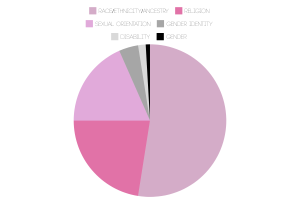
Similarly, Rock Bridge senior Jiya Shetty wrote her 2024 state-qualifying speech about racially motivated and sexist microaggressions disguised as jokes.
“Constantly normalizing those comments by passing them off as jokes…makes it so they seem a lot more real, and we’re a…lot more desensitized to those comments and…internalize them,” Jiya said.
Jiya decided to write this speech because of her personal experience with demeaning jokes.
“One of my former teammates said something like, ‘Oh, if I was judging a round and I saw a female debater, I’d automatically give them one less speaker point compared to a male debater,’ and he…passed that on as a joke and everyone kind of laughed,” Jiya said.
Jiya explained how this made her question if she wasn’t “a good debater just because of my skin color or because of my gender.”
Silence is apathy
Jiya had advice specific to high school students to stop the normalization of these types of jokes.
“So if you see a meme that’s obviously sexist or racist, you shouldn’t be reposting it…because you’re kind of perpetuating that idea that that’s okay. And especially look at social media, since you can send things so quickly…and reach so many people. We shouldn’t be spreading that kind of hate out in the world in the first place,” Jiya said.
There are ways we can stop the spread of hate on a broader scale too. There are three key steps the United Nations and the Southern Poverty Law Center suggest we take.
First, we must create a culture of inclusivity and support. This means learning about our neighbors who may have different traditions than us. By learning more, we can stop the demonization of differences. This also means believing victims of hate speech and crimes by supporting and encouraging them to bring their stories to local authorities.
Next, we must join coalitions to stop hate. In Columbia, there are many organizations focused on social justice and equality. Click the link to access a directory of Columbia organizations, find an organization that speaks to you and find out how you can get involved in their cause.
Finally, and most importantly, we need to speak up. Silence is apathy and apathy is unacceptable in the face of such hatred. When someone says something hateful, don’t just ignore it; when someone makes a joke, don’t laugh it off. Speak up. Explain to them why what they said was wrong. It might feel rude or scary to do so, but by doing something, you are standing up for us all.
So today I implore you; Hickman students, staff, faculty and the broader community; to stand up to hate, to stop violence and to create a safe community for everyone. Today I ask you to do something.

